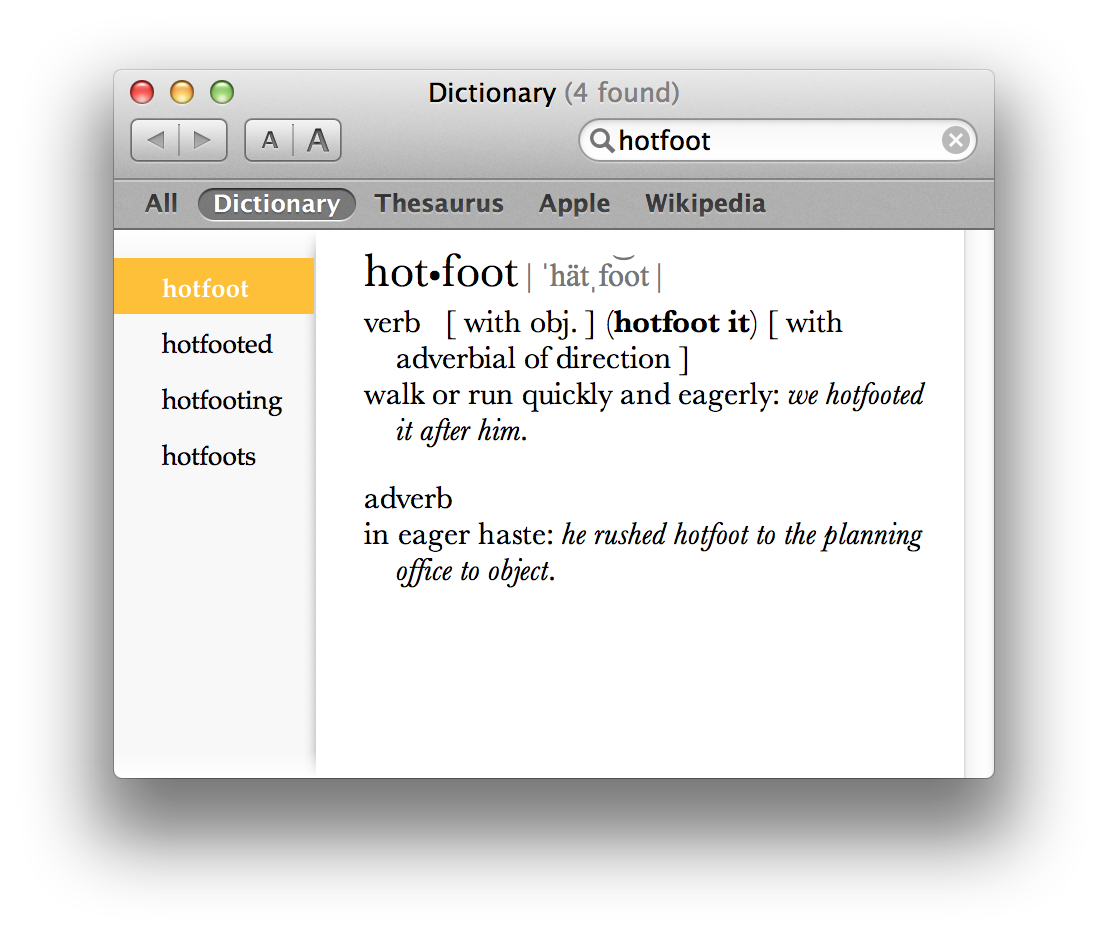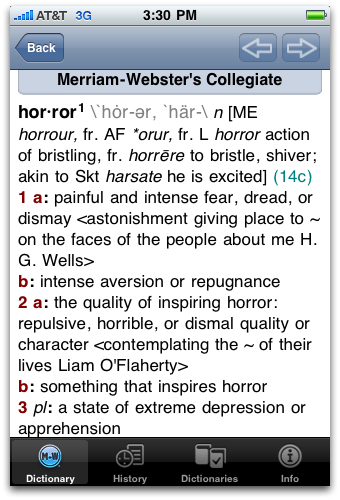
NOTE: This review of the Revised English Bible was originally published at the original This Lamp blog, which is no longer online. I have attempted to reproduce the post here, but there may be mistakes or broken links that I did not catch. Please let me know of any corrections in the comments section. I also have the original comments for this post in a rather large XML file for my old website. If I can figure out a way to include the original comments, I will add these at a later date.
I would like to suggest that if you consider yourself an aficionado of Bible translations, and do not have a copy of the Revised English Bible (REB), then your set is not yet complete.
When I wrote my review of the New American Standard Bible, I noted that it would be my desert island Bible. Well, the REB would be a strong contender for that position, too, but for different reasons. When the REB was first published in 1989, I was a junior in college majoring in English. Having been exposed to so much good literature by that point, I immediately noticed the quality of style for which the REB would become recognized. In my opinion--and I am not alone in this sentiment--the Revised English Bible has the best overall literary quality of any modern English translation--the best since the King James Version. When I was working on my M.Div in the early nineties, one of the Old Testament professors at the Southern Baptist Theological Seminary required the REB as his main text in his OT intro classes. He believed that the REB best reflected the Hebrew text in modern English, especially regarding the poetic sections.
There are a handful of biblical passages I like to refer to when trying to get a feel for a particular translation. Three are reproduced below as they read in the REB:
Proverbs 1:8-19 |
Matthew 6:1-8 |
Romans 7:14-25 |
Attend, my son, to your father's instruction
and do not reject your mother's teaching;
they become like a garland on your heard,
a chain of honour for your neck.
My son, if sinners entice you, do not yield.
They may say: 'Join us and lie in wait for someone's blood;
let us waylay some innocent person who has done us no harm.
We shall swallow them like Sheol though they are alive;
though in health, they will be like those who go down to the abyss.
We shall take rich treasure of every sort
and fill our houses with plunder.
Throw in your lot with us and share the common purse.'
My son, do not go along with them,
stay clear of their ways;
they hasten hotfoot into crime,
pressing on to shed blood.
(A net is spread in vain
if any bird that flies can see it.)
It is for their their own blood they lie in wait;
they waylay no one but themselves.
Such is the fate of all who strive after ill-gotten gain:
it robs of their lives all who possess it. |
'Be careful not to parade your religion before others; if you do, no reward awaits you with your Father in heaven.
'So, when you give alms, do not announce it with a flourish of trumpets, as the hypocrites do in the synagogues and in the streets to win the praise of others. Truly I tell you: they have their reward already. But when you give alms, do not let your left hand know what your right is doing; your good deed must be in secret, and your Father who sees what is done in secret will reward you.
'Again, when you pray, do not be like the hypocrites; they love to say their prayers standing up in synagogues and at street corners for everyone to see them. Truly I tell you: they have their reward already. But when you pray, go into a room by yourself, shut the door, and pray to your Father who is in secret; and your Father who sees what is done in secret will reward you.
'In your prayers do not go babbling on like the heathen, who imagine that the more they say the more likely they are to be heard. Do not imitate them, for your Father knows your needs before you ask him. |
We know that the law is spiritual; but I am not: I am unspiritual, sold as a slave to sin. I do not even acknowledge my own actions as mine, for what I do is not what I want to do, but what I detest. But if what I do is against my will, then clearly I agree with the law and hold it to be admirable. This means that it is no longer I who perform the action, but sin that dwells in me. For I know that nothing good dwells in me--my unspiritual self, I mean--for though the will to do good is there, the ability to effect it is not. The good which I want to do, I fail to do; but what I do is the wrong which is against my will; and if what I do is against my will, clearly it is no longer I who am in the agent, but sin that has dwelling in me.
I discover the principle, then: that when I want to do right, only wrong is within my reach. IN my inmost self I delight in the law of God, but I perceive in my outward actions a different law, fighting against the law that my mind approves, and making me a prisoner under the law of sin which controls my conduct. Wretched creature that I am, who is there to rescue me from this state of death? Who but God? Thanks be to him through Jesus Christ our Lord! To sum up then: left to myself I serve God's law with my mind, but with my unspiritual nature I serve the law of sin. |
As essentially a British translation, the REB has never had much of a following in the United States. In fact, the only time I've ever heard it read in public was at an aunt's funeral in 1989 when her associate pastor specifically mentioned that she was reading the 23rd Psalm in the newly released (at that time) REB:
1 The LORD is my shepherd; I lack for nothing.
2 He makes me lie down in green pastures,
he leads me to water where I may rest;
3 he revives my spirit;
for his name's sake he guides me in right paths.
4 Even were I to walk through a valley of deepest darkness
I should fear no harm, for you are with me;
your shepherd's staff and crook afford me comfort.
5 You spread a table for me in the presence of my enemies;
you have richly anointed my head with oil,
and my cup brims over.
6 Goodness and love unfailing will follow me
all the days of my life,
and I shall dwell in the house of the LORD
throughout the years to come.
The Revised English Bible is an update to the New English Bible, originally completed in 1970. The decision to form a joint committee to revise the NEB was made as early as 1973 with the initial goal of publication in 1980. However, the modest goals of the committee grew more extensive overtime. The full revision resulting in what would be the REB was not completed until 1987 and did not see publication for another two years.
I've noticed a trend in Bible versions that as they are revised, they become more conservative. Inclusive language issues aside, the TNIV is more literal in places than the NIV. The second edition of the NLT is much more traditional than the first edition. Both aspects are true for the REB over its predecessor, the New English Bible (NEB). If anything, the REB, while perhaps never gaining as much attention and prestige as the version it replaced, is a much more mature translation than the NEB.
According to the book New Light & Truth: The Making of the Revised English Bible by Roger Coleman, the revision committee had two main goals for updating the NEB: (1) update the formal "thee" and "thou" language (used only for addressing deity in the NEB) to non-formal equivalents and (2) address criticisms and suggestions made for the NEB.
Another significant change had to do with the REB's use of inclusive gender for humans when warranted by the context. The REB was one of the early Bible versions to employ this along with the New Jerusalem Bible (1985) and the New Revised Standard Version (1989). From the Preface:
The use of male-oriented language, in passages of traditional versions of the Bible which evidently apply to both genders, has become a sensitive issue in recent years; the revisers have preferred more inclusive gender reference where that has been possible without compromising scholarly integrity or English style.
The last issue, English style, often becomes the most difficult aspect of gender neutrality. This led to a compromise in the REB. Masculine universals are removed such as "man" and "mankind." Whereas Gen 1:26 in the NEB read "Let us make man in our image...," the REB renders it "Let us make human beings in our image." However, 3rd person masculines are still retained in the REB in verses like Luke 9:23 and Rev 3:20. Adelphoi is consistently translated as "friends" (less preferable to simply "brothers and sisters" in my opinion).
Interesting point of trivia: according to Coleman's book, evidently there were a number of punctuation errors in the original NEB (I've never used the NEB enough to point to a specific one). These errors were caused from a lack of communication between the translators and the publishers. The translators felt that issues of punctuation could be left to the publishers. However, the publishers held the task of Bible translation in such esteem that they felt it inappropriate to change anything the translators gave them, not realizing the assumptions made by the committee.
The NEB had been the first major Bible version to employ dynamic equivalency as a translation method. While the REB still retains this approach, less traditional renderings in the NEB were made more traditional in the REB. Consider Genesis 1:1-2:
| Genesis 1:1-2 |
New English Bible |
Revised English Bible |
| In the beginning of creation, when God made heaven and earth, the earth was without form and void, with darkness over the face of the abyss, and a mighty wind that swept over the surface of the waters. |
In the beginning God created the heavens and the earth. The earth was a vast waste, darkness covered the deep, and the spirit of God hovered over the surface of the water. |
The NEB entry on the Wikipedia notes a number of other controversial renderings in the NEB besides Gen 1:2 included above. Below is a comparison of these verses with the the text from the REB:
| |
New English Bible |
Revised English Bible |
Psalm 22:16
(note rendering for the more familiar "have pierced my hands and feet" ) |
The huntsmen are all about me;
a band of ruffians rings me round,
and they have hacked off my hands and my feet.
|
Hounds are all about me;
a band of ruffians rings me round,
and they have bound me hand and foot. |
Isaiah 9:6
(NEB rendering "is both interpretational and non-traditional" )
|
For a boy has been born for us, a son given to us
to bear the symbol of dominion on his shoulder;
and he shall be called
in purpose wonderful, in battle God-like,
Father for all time, Prince of peace
|
For a child has been born to us, a son is given to us;
he will bear the symbol of dominion on his shoulder,
and his title will be:
Wonderful Counselor, Mighty Hero, Eternal Father, Prince of Peace. |
Nahum 1:12-14
(note verse order in NEB which is said to "render the promises of God interpretively" ) |
13 Now I will break his yoke from your necks
and snap the cords that bind you.
14 Image and idol I will hew down in the house of your God.
This is what the LORD has ordained for you:
never again shall your offspring be scattered;
and I will grant your burial, fickle though you have been.
12 Has the punishment been so great?
Yes , but it has passed away and is gone.
I have afflicted you, but I will not afflict you again. |
12 These are the words of the LORD:
Judah, though your punishment has been great,
yet it will pass away and be gone.
I have afflicted you, but I shall not afflict you again.
13 Now I shall break his yoke from your necks
and snap the cords that bind you.
14 Nineveh, this is what the LORD has ordained for you:
No more children will be born to you;
I shall hew down image and idol
in the temples of your gods:
I shall prepare your grave,
for you are of no account. |
Acts 20:7
(traditional "first day of week" is rendered "Saturday night" in both versions) |
On the Saturday night, in our assembly for the breaking of bread, Paul, who was to leave next day, addressed them, and went on speaking until midnight. |
On the Saturday night, when we gathered for the breaking of bread, Paul, who was to leave the next day, addressed the congregation and went on speaking until midnight. |
The NEB's infamous "she broke wind" in Josh 15:18 is rendered "she dismounted" in the REB. However, it should be pointed out that later editions of the NEB had already changed the phrase to a much more vague (and much less fun) "she made a noise" which seems to beg for a redactional insertion of "Let the reader understand."
One can still see the influence C. H. Dodd, who served as Vice-Chairman and Director of the Joint Committee for the NEB, in Rom 3:25 of the REB by referring to Jesus as "the means of expiating sins." The only major translations to use the theological term expiation are the NEB, REB, and RSV. More traditional translations often employ propitiation (KJV, NASB, ESV, HCSB). Many translations in the last few decades have opted to use some form of the the less divisive sacrifice of atonement (NIV, NRSV, TNIV. NLT).
The NEB had been known for its reader-friendly single-column text. Further, verse reference numbers were moved to the margins so as not to create unnecessary mental breaks while reading, although it was often difficult to determine where a verse began and ended. Most editions of the REB use a two-column text and verse numbers are restored to their traditional placement.
As with any translation, the REB is not without it's criticisms. In his 1993 JETS review of the REB, Donald Williams wrote
...the REB is, like its predecessor the NEB, a fluid and interesting rendering and a delight to read from a stylistic point of view. But it is not among the most reliable translations from the standpoint of accuracy. Its revisions create an impression of movement in a conservative direction from the NEB that is not always borne out in detail. Less daring than NEB, less willing to depart from time-hallowed KJV patterns in phraseology, REB loses some of the distinctiveness of the earlier version. You might call it NEB homogenized. The result seems more to blunt the virtues of the earlier volume rather than to ameliorate its vices. It remains worth having on the shelves for comparative purposes but would unfortunately be inappropriate as a primary study Bible.
Elegance versus accuracy should not be a trade-off we accept as inevitable: KJV was both as accurate as its time could have made it and unsurpassable in elegance. But perhaps once in a language is the most we can ask for a miracle like that. For now we must choose between such versions as NASB, accurate but stiff and wooden at times; NIV, fairly accurate but bland; and NEB, elegant and exciting but really too loose.
The criticism regarding accuracy is an interesting one. It may be warranted in a few specific examples, but at least the REB can't really be faulted for ever being too wooden, too bland, or even too loose as the other translations mentioned above. It makes for a stimulating read-through of the scriptures. I personally don't believe it would be inappropriate to use the REB as a primary study Bible, but I imagine not many American readers would adopt it for such. The original NEB had been criticized for too often having what were called "britishisms"--that is, words that reflect peculiar (meaning "belonging exclusively to," not "odd or strange") British usage that many American readers might not understand. While the large majority of these were removed in the REB, an occasional odd phrasing remains such as "he will get nothing but blows and contumely" (Prov 6:33). Contumely, by the way, is an older word meaning "insolent or insulting language or treatment."
The REB is only published by Oxford and Cambridge University Presses. In the United States REB Bibles are often more easily found in a bookstore chain like Borders or Barnes & Noble than independent Christian bookstores. Most of the editions are primarily text editions, and available either with or without the Apocryphal/Deutero-canonical books. There is a version of the Oxford Study Bible adapted for the REB, but as far as I know it is only published in hardback editions. This is the only study edition of the REB available to my knowledge. Cambridge Press publishes a rather nice text edition in Morocco leather. I can't really justify purchasing this for myself, but I believe if I ever had purely discretionary funds (ha), that would be the edition to own (I simply use a hardback text edition). I was surprised to find that the REB is not available as an add-on for most Bible study software programs, but it is available for Accordance. If someone knows of other electronic offerings, please post the information in the comments.
The Revised English Bible is a great selection for reading and study, especially for the person who appreciates literary quality. I personally have never taught directly from it, but I find it very enjoyable for personal reading and comparing with other translations. It would also make an appropriate choice to give to the person who has high literary tastes but generally avoids reading the Bible.
For Further Reading:
- Roger, Coleman. New Light & Truth: The Making of the Revised English Bible. London: Oxford University Press, Cambridge University Press, 1989.
- Bible-Researcher webpage for the Revised English Bible
- Wikipedia Entry for the Revised English Bible
- Ken Anderson's Page on the Revised English Bible
- Better Bibles Blog webpage on the Revised English Bible
Revised English Bible at Amazon.com
Redacted: 7/20/2006
Up Next: The New Jerusalem Bible
 Friday, November 16, 2012 at 11:18AM
Friday, November 16, 2012 at 11:18AM 







